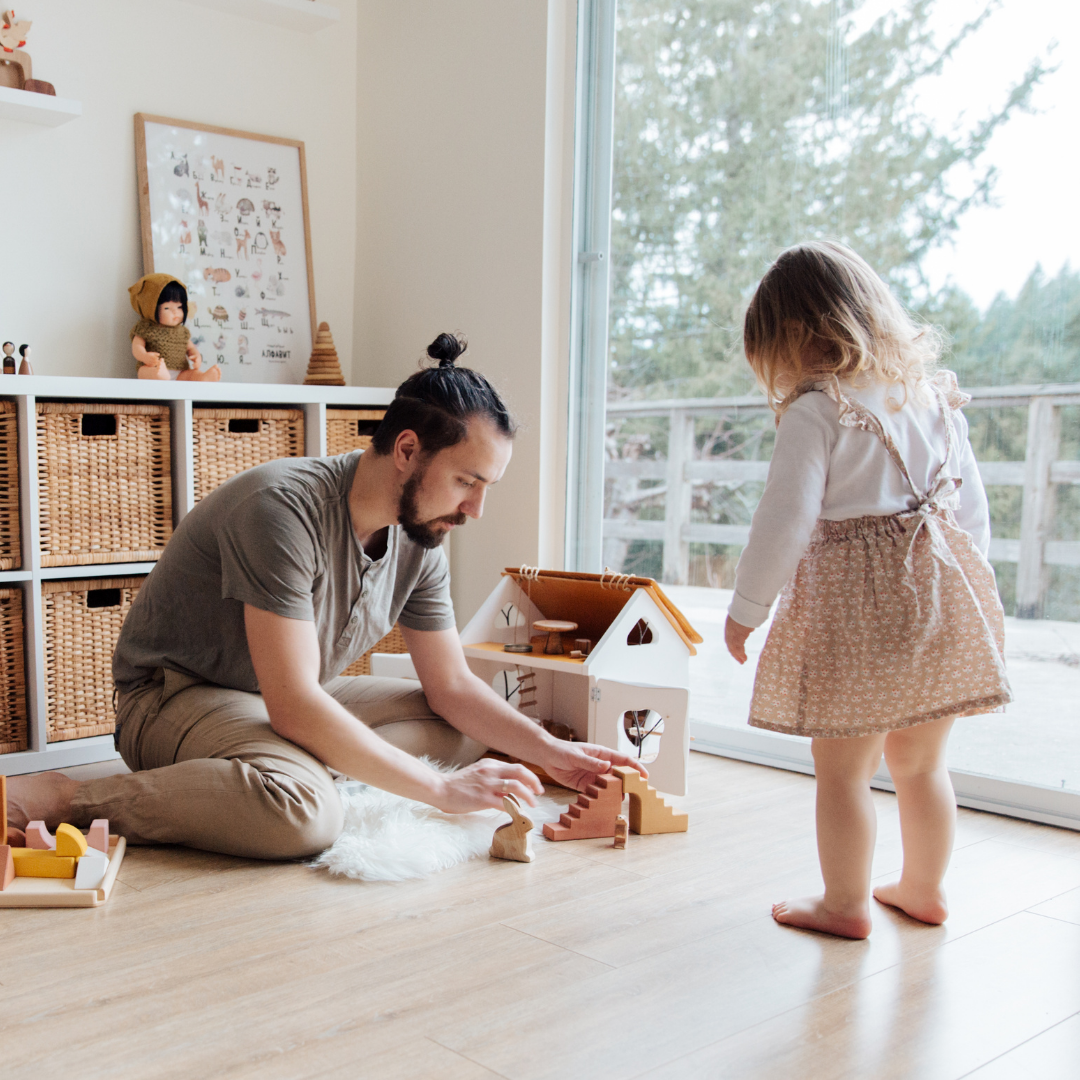
For parents, especially following a divorce or separation, negotiating family changes can be difficult. Children should live in a stable, encouraging environment; hence, cooperation, patience, and effective communication are prerequisites. One of the greatest ways to get at this is to apply co-parenting strategies that give the children’s well-being first priority while lowering parent conflicts. Parents who require direction in establishing clear communication and promoting a healthy co-parenting relationship will find great value in looking for coparenting coaching.
Clear Communication Is Key
A seamless transition depends on co-parents communicating clearly and honestly. Establishing consistent lines of contact—weekly check-ins or shared calendars—helps parents keep informed and prevent misunderstandings. Opening parents on children’s needs, routines, and emotional well-being guarantees that both of them agree. Preventing conflicts and fostering a cooperative environment also depend much on active listening and addressing each other’s worries free from judgment. Sometimes parents could gain from co-parenting coaching to learn better conflict resolution techniques and more appropriate communication styles.

Establishing Consistent Routines for Children
Children, especially in times of transition, thrive on regularity. Establishing and preserving regular schedules for bedtime, extracurricular activities, and homework will help kids feel safe and steady. Working jointly, both parents should make sure these routines are maintained in both houses. This could call for coordinating household rules, timing schedules, and helping each other to enforce them. Children are more likely to fit the new family dynamic with less stress or uncertainty by keeping structure.
Focus on Mutual Respect and Collaboration
Co-parenting calls for a great respect of each other’s parenting approaches and choices. Parents should always maintain their children’s best interests front and center even when arguments develop. Approaching co-parenting as a collaboration instead of a rivalry promotes mutual respect. This cooperation covers major decisions, including family events, healthcare, and education. Understanding that the life of the child depends on both parents can help to lower stress and promote more favorable relationships.
Seeking Support When Needed
Although co-parenting might be difficult, parents are not left to negotiate the process alone. Professional advice like coparenting coaching can enable parents to acquire the tools required for successful co-parenting and good communication. Oftentimes, coaching sessions offer techniques for handling disagreement, establishing limits, and making group decisions. Additionally beneficial when emotions run strong is a neutral viewpoint offered by an experienced mediator. Getting help guarantees that parents stay committed to providing their children with a healthy, caring surroundings. Parents can cooperate to provide their children with a stable and encouraging surrounding by using these techniques, so guaranteeing a better adjustment throughout family changes.

